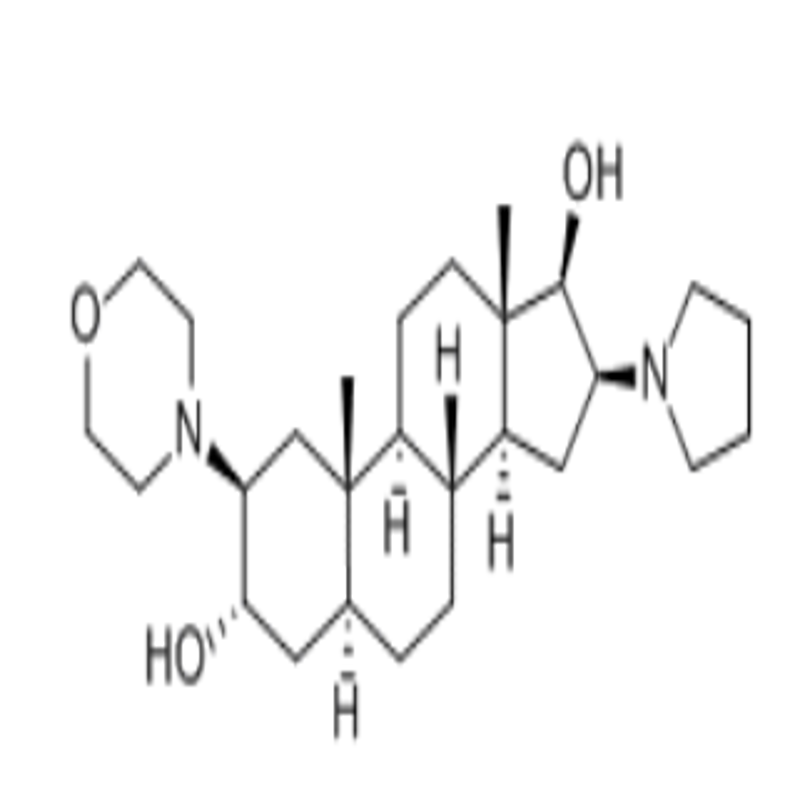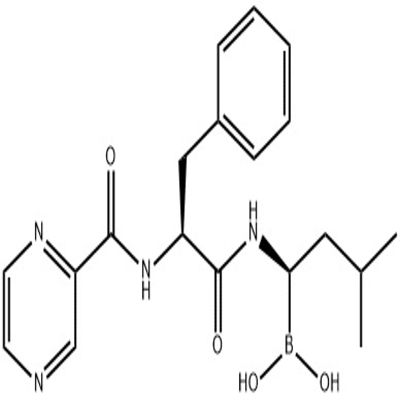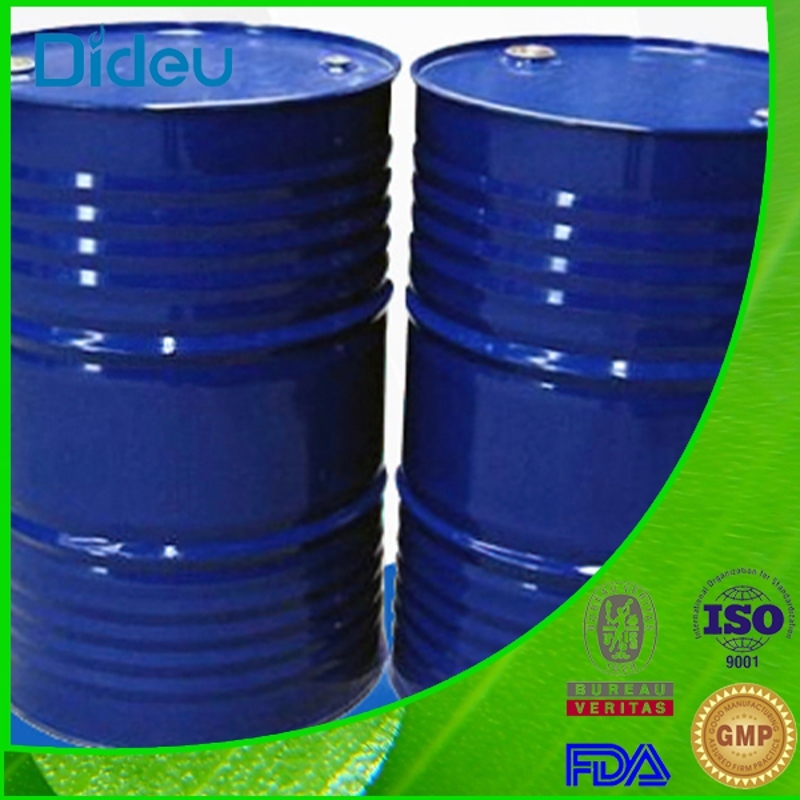-
Categories
-
Pharmaceutical Intermediates
-
Active Pharmaceutical Ingredients
-
Food Additives
- Industrial Coatings
- Agrochemicals
- Dyes and Pigments
- Surfactant
- Flavors and Fragrances
- Chemical Reagents
- Catalyst and Auxiliary
- Natural Products
- Inorganic Chemistry
-
Organic Chemistry
-
Biochemical Engineering
- Analytical Chemistry
-
Cosmetic Ingredient
- Water Treatment Chemical
-
Pharmaceutical Intermediates
Promotion
ECHEMI Mall
Wholesale
Weekly Price
Exhibition
News
-
Trade Service
4-Chloro-3-nitroquinoline, often referred to as 4CNQ, is a chemical compound that is commonly used in the production of a variety of products in the chemical industry.
This compound is produced through a series of chemical reactions, which involve the use of various chemicals and reagents.
The final product is then used as an intermediate in the production of a variety of downstream products.
One of the most common uses of 4CNQ is in the production of dyes and pigments.
These products are used in a variety of applications, including the coloration of textiles, plastics, and other materials.
4CNQ is used as an intermediate in the production of these dyes and pigments, and it is converted into the final product through a series of chemical reactions.
Another common use of 4CNQ is in the production of pharmaceuticals.
This compound is used as an intermediate in the production of a variety of drugs, including antibiotics and anti-inflammatory drugs.
The use of 4CNQ in the production of pharmaceuticals is due to its ability to act as a precursor to a variety of compounds that are important in the treatment of various medical conditions.
4CNQ is also used in the production of agricultural chemicals.
This compound is used in the production of herbicides, insecticides, and other chemicals that are used to improve crop yields and protect crops from pests.
The use of 4CNQ in the production of agricultural chemicals is due to its ability to act as a precursor to a variety of compounds that are effective in controlling pests and weeds.
4CNQ can also be used in the production of other chemical products such as plasticizers, corrosion inhibitors, and other chemical intermediates.
In the production of these downstream products, 4CNQ is typically converted into the final product through a series of chemical reactions, which are carried out in a variety of chemical plants and facilities.
These reactions are typically carried out by trained personnel, using a variety of chemicals and reagents, and are carefully controlled to ensure the safe and efficient production of the final product.
It is important to note that the production of 4CNQ and the downstream products that are derived from it can involve the use of a variety of chemicals and reagents, some of which may be hazardous to human health or the environment.
Therefore, it is critical for the chemical industry to follow proper safety protocols and regulations to minimize the risk of accidents and ensure that the production of these chemicals does not result in any harm to people or the environment.
In conclusion, 4-Chloro-3-nitroquinoline, often referred to as 4CNQ, is a versatile chemical compound that is commonly used in the production of a variety of products in the chemical industry.
The compound is used as an intermediate in the production of dyes, pigments, pharmaceuticals, agricultural chemicals, and other products.
The production of 4CNQ and the downstream products that are derived from it can involve the use of a variety of chemicals and reagents, some of which may be hazardous to human health or the environment.
Therefore, it is critical for the chemical industry to follow proper safety protocols and regulations to minimize the risk of accidents and ensure that the production of these chemicals does not result in any harm to people or the environment.







